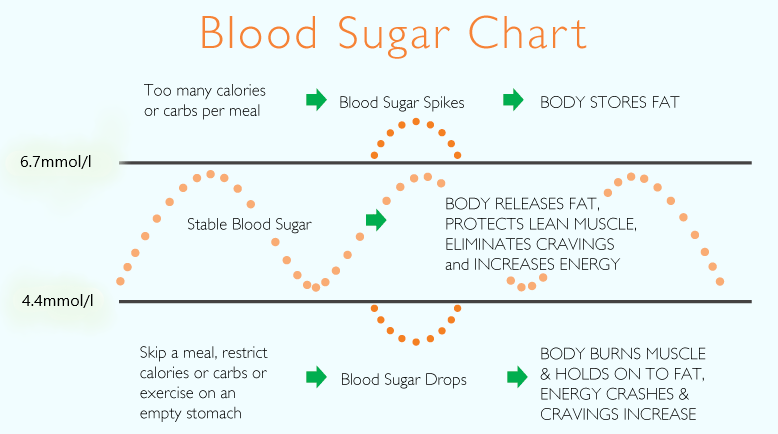Your Daily Food Blueprint – Design a Food Schedule that works for you
We all understand the importance of nutrition, but the profound link between how we eat and our overall well-being is often overlooked. While a diet rich in nutritious foods is essential, the true key to consistent health lies in regulating blood sugar. This is the cornerstone of stable physiology and long-term vitality.
Why are consistent blood sugar levels so crucial?
Maintaining even blood sugar levels unlocks a wealth of benefits. You'll experience sustained energy, leading to enhanced concentration and productivity. Your mood will remain stable, preventing the "hangry" dips and reducing irritability and anxiety. Furthermore, your appetite will be better regulated, minimizing cravings, and your metabolism will efficiently burn calories, supporting healthy weight management.
How do we achieve stable blood sugar levels?
Optimal blood sugar control requires a thoughtful and consistent approach to your daily eating schedule. Here's how:
1. Eat Early and Regularly:
Prioritize eating breakfast within an hour of waking up. This kickstarts your metabolism and provides sustained energy throughout the day. Aim for regular meals and snacks every 3-5 hours. This consistent feeding pattern ensures stable blood sugar and energy levels, allowing your body to efficiently utilize fat stores and support healthy weight management.
2. Distribute Macronutrients Strategically Throughout the Day:
Each meal and snack should include a balanced combination of high-fiber carbohydrates, lean protein, healthy plant fats, and a variety of vegetables. High-fiber carbohydrates provide sustained energy, lean protein supports muscle building, plant fats offer energy and cellular support, and vegetables deliver essential vitamins, minerals, and fiber.
Don't shy away from carbohydrates. They are crucial for maintaining stable blood sugar. Instead of eliminating them, focus on choosing complex carbohydrates. Remember, carbohydrates are your body's primary energy source. Depriving your body of them will force it to break down protein stores (muscle) for energy, slowing your metabolism. Healthy carbohydrate sources include fruits, milk, yogurt, legumes, starchy vegetables, whole grains, and cereals.
3. Prioritize Daytime Eating:
Consume the majority of your calories during the day when your body's energy demands and digestive functions are at their peak. This optimizes energy utilization, boosts metabolism, and naturally reduces evening cravings and portion sizes.
4. Listen to Your Body's Signals:
Your body provides invaluable cues about its needs. Learn to distinguish between genuine hunger and emotional cravings. Connect your mind and body, and pay attention to the signals your stomach sends. By consistently eating early, regularly, and balanced meals, you'll refine your body's communication and learn to eat intuitively, rather than relying solely on set meal times. This process takes time and patience, but the rewards are significant.
In conclusion, nutrition is far more than just counting calories. It's about providing your body with the tools it needs to function optimally. By prioritizing whole foods, balancing macronutrients, and adopting a consistent eating schedule, you can achieve stable blood sugar, fostering consistent physiology and laying the foundation for lasting health and vitality.



